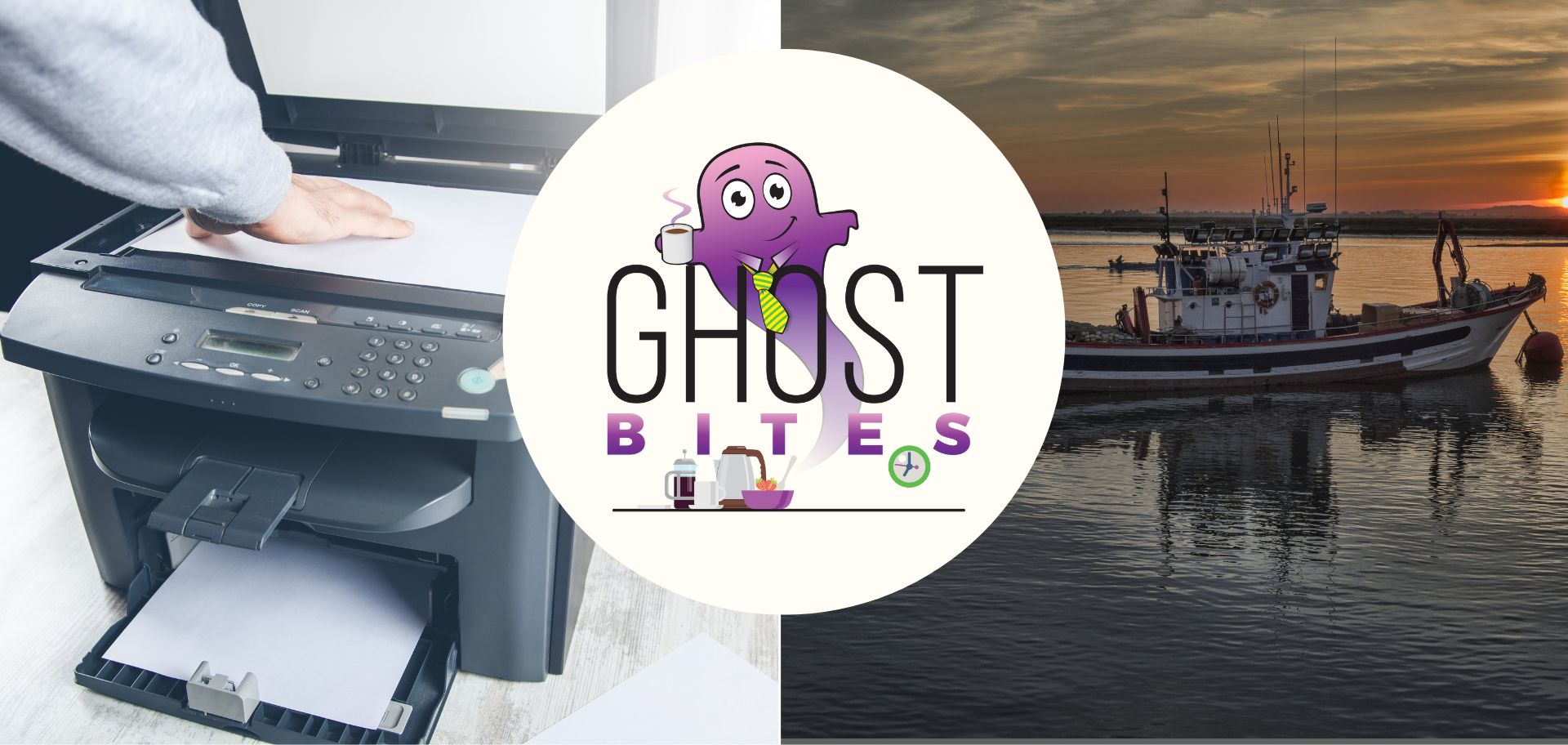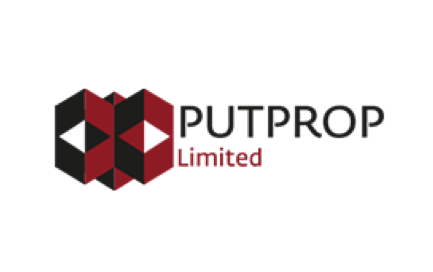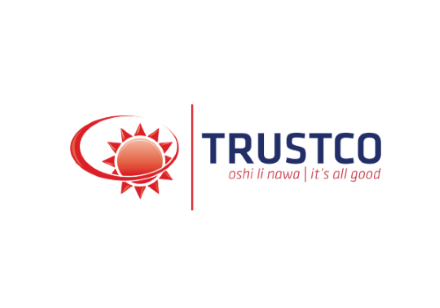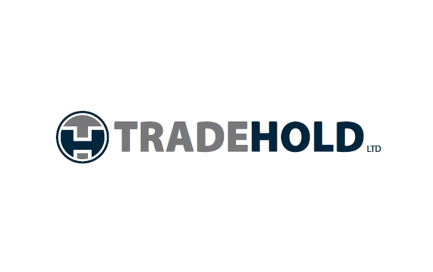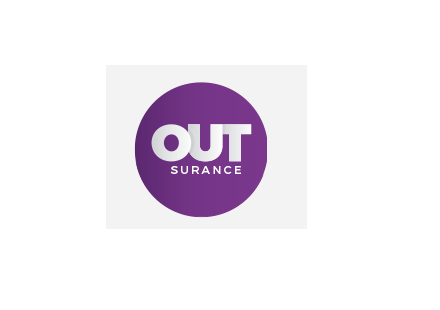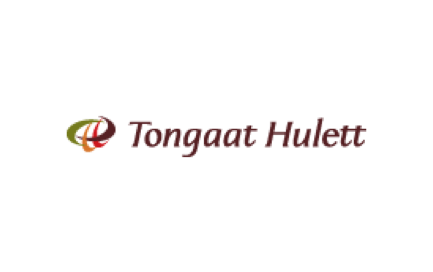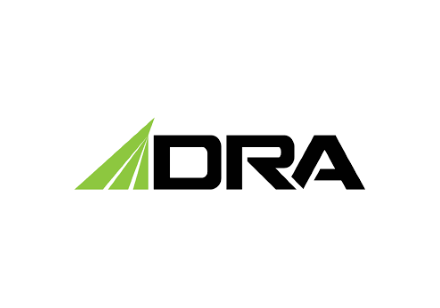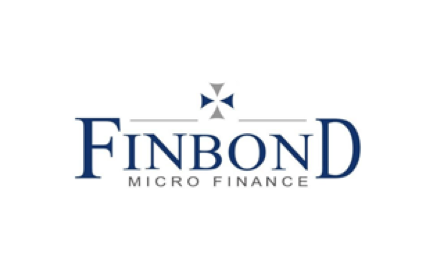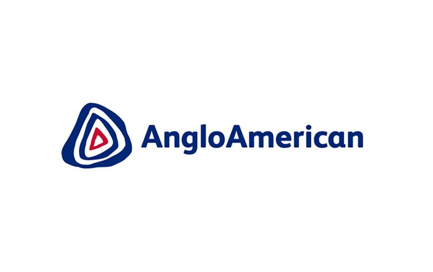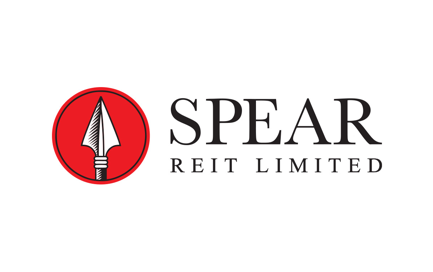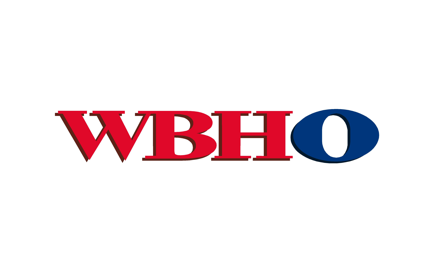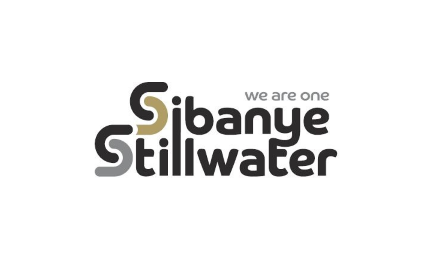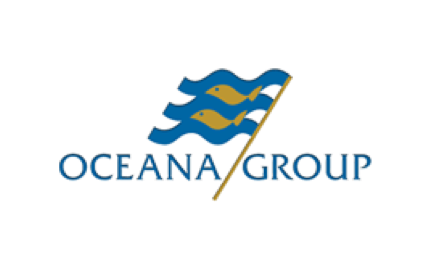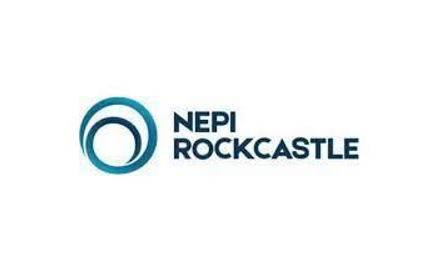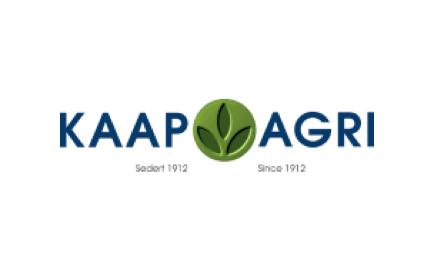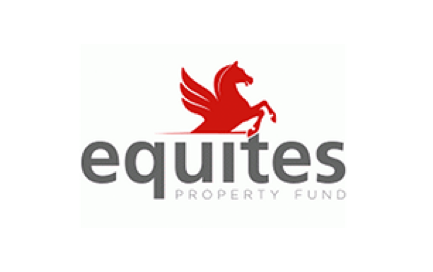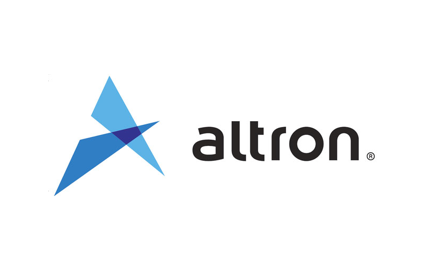The sale of Altron Document Solutions has fallen over (JSE: AEL)
The buyer couldn’t agree on the way forward with Xerox
In what must be an immensely frustrating situation for all concerned, Altron’s disposal of Altron Document Solutions to Bi-Africa Investment Holdings has been cancelled.
Although several conditions precedent were fulfilled, the buyers and Xerox just couldn’t find common ground on a distribution agreement for the South African market. This was core to the transaction, so the entire thing is now over.
Altron still wants to sell this business, though I do wonder whether this update might scare off potential buyers. It all depends on what part of the distribution agreement was problematic. These conversations happened entirely behind closed doors, so we have no further details.
Equites updates the market on key focus areas (JSE: EQU)
This is a useful update on strategic drivers in the business
I must say, I quite like the way in which Equites Property Fund gives its pre-close update. The company has six strategic “focus points” and reports on each one.
Something I found interesting is that the asset disposal programme (basically just a way of recycling capital) is experiencing strong demand for the assets both in the UK and South Africa. The loan-to-value ratio is expected to increased to between 35% and 40% in the short-term, before returning to the medium-term range of 30% to 35%.
I also noted that the Shoprite relationship is expected to yield internal rates of return of between 13% and 14%. Put differently, you’re looking at a spread of between 300 basis points and 400 basis points over South African government bonds.
If you want to read the full update, you’ll find it here.
Kaap Agri to mop up the odd-lots (JSE: KAL)
An odd-lot offer is designed to save administrative costs
From time to time, listed companies decide to execute an odd-lot offer to buy the shares held by shareholders who each hold fewer than 100 shares. This isn’t great for retail investor liquidity of course, but does save administrative costs.
For example, Kaap Agri has 14,777 shareholders who hold fewer than 100 shares each, representing a total of 0.42% of shares in issue. Repurchasing the shares will result in a cash outflow for the company of R13.37 million for the shares and R716k in transaction costs, which I’m sure was compared to the costs of having those shareholders.
Here’s the thing though: shareholders aren’t forced to sell. With an offer price equal to the volume weighted average price, there also isn’t a huge incentive to let the shares go, even if there are some tax benefits available in this process.
Note that if you hold fewer than 100 shares and you DO NOT want to sell them, then you have to make that election by Friday, 21st April. The default election is to sell your shares so if you don’t specify otherwise, they will be sold.
NEPI shareholders: make your choice (JSE: NRP)
There’s a scrip dividend on the table at a premium to the cash dividend
When a company wants to retain cash, it can try and use a scrip dividend to persuade shareholders to accept new shares in lieu of a dividend. Sometimes, the values of the options are the same, which is the case when the company isn’t pushing the scrip option too hard.
In other cases, the scrip dividend is at a premium to the cash dividend i.e. shareholders are financially better off by choosing the scrip dividend, unless they believe that the shares are going to drop in value soon and they would rather have the cash.
At NEPI Rockcastle, the default option for this distribution is unusual. Unless they say otherwise, shareholders will receive a capital repayment on the shares. If they choose differently, they receive a scrip dividend or a cash distribution.
If you are a shareholder, you need to read this circular.
Oceana Group has been a great catch this year (JSE: OCE)
Strong pricing and demand have led to solid results
The fishing business isn’t easy, that much I can tell you. If you can imagine all the volatility of global markets and the ocean (literally) in one package, you’re on the money here.
Speaking of money, here’s the five-year chart for Oceana Group:
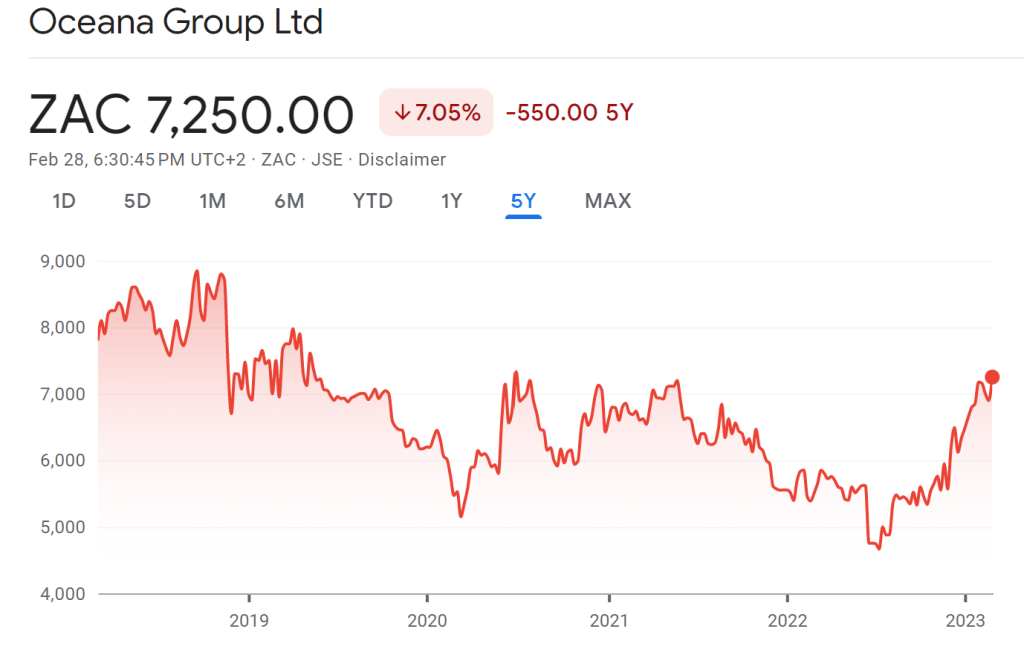
As you can see, recent momentum has been exceptional. Since July 2022, the share price has rallied approximately 55%!
After substantial supply chain disruptions in 2021 and the civil unrest, the company needed to replenish its inventory. Thanks to successfully doing exactly that, canned fish sales volumes were up by 33% in the four months ended January 2023 vs. the prior period. As great as the volumes story is, the selling prices didn’t increase by enough to offset cost pressures. Margins have suffered as a result.
In other local product updates, South African fishmeal and fish oil sales volumes were 23% higher.
In the US, fishmeal volumes were up 43% and fish oil volumes almost tripled! On that side of the very large pond, selling prices were at least higher. Along with the weakening of the rand, this means that Oceana’s best growth numbers were also achieved in the strongest currency.
Finally, horse mackerel and hake sales volumes increased by 43%. High fuel costs have once again been highlighted by the company as a concern.
The good news is that load shedding isn’t much of a worry, as vessel operations rely entirely on self-generated power. The canning and fish meal businesses have coal boilers as the primary source of power.
Despite the potential for volatility in this business, the group is confident enough to put out a trading statement for the six months ending March. HEPS will be at least 20% higher than the comparable year, which is the minimum required to trigger a trading statement. I suspect that they are being conservative here, so this might remain an interesting (but risky) punt for the next few months.
And in strategic news, the disposal of Commercial Cold Storage Limited has achieved regulatory approvals in South Africa. Approval in Namibia is outstanding, with the deadline kicked out to 30 April.
Sibanye-Stillwater signs off on a year to forget (JSE: SSW)
Between floods and labour strikes, 2022 was ugly for Sibanye
With a share price that is down 46% in the past year, there aren’t many positives to take from the 2022 financial year for Sibanye-Stillwater. The first half of the year was hammered by production problems and the second half saw profitability come under pressure despite improved production numbers.
For the year ended December, headline earnings was R18.4 billion, approximately half of the R36.9 billion achieved in the prior year. This was strongly weighted towards the first six months of 2022 (R11.9 billion) vs. the latter half of the year (R6.5 billion).
This drop in earnings was driven by a 20% drop in revenue in 2022, which led to a 40% decrease in adjusted EBITDA. With the operating leverage that is a feature of mining businesses, you can’t afford major drops in revenue. The gold business was the biggest offender here thanks to labour unrest, with negative EBITDA of R3.5 billion vs. positive R5.1 billion in the prior period. The floods in the US didn’t help either, with EBITDA in the US PGM operations down 47%.
Despite all of this, there’s still a final dividend of R1.22 per share.
WBHO is firmly back in the green (JSE: WBO)
Despite a return to profitability, there’s still no dividend
In the six months ended December 2022, WBHO delivered on the strong order book that was in place at the start of the period. Revenue from continuing operations increased by 15% and earnings from continuing operations was up by 39%.
Even if we look at total operations, the group is profitable again. HEPS came in at 630 cents vs. a headline loss per share of 1,613 cents in the comparable period.
No interim dividend has been declared.
Going forward, a 19% increase in the order book should help with profitability in coming periods. Once the exit from Australia is completed and the associated cash drag is over, there might even be a dividend again!
Little Bites:
- Director dealings:
- Aside from a small purchase of shares by an associate of the CEO of Spear REIT (JSE: SEA), there was a much meatier purchase by an associate of a non-executive director to the value of R1m.
- A non-executive director of Anglo American (JSE: AGL) has bought shares worth £19.8k.
- A non-executive director of Finbond Group (JSE: FGL) has bought shares worth R100k.
- DRA Global (JSE: DRA) has very little liquidity, so I’m including a brief reference to results. In the 2022 financial year, revenue fell by 24.6% and underlying EBIT was just A$7 million vs. A$56.4 million in the prior year. There was no dividend.
- The only certainty in a business rescue process seems to be that the publication of the business rescue plan will be delayed. At Tongaat Hulett (JSE: TON), this has now been pushed out to 31 March.
- OUTsurance Holdings (JSE: OUT) has appointed Nathaniel Simpson as the new CEO of Youi Holdings, the Australian business within the group. He replaces Huge Schreuder as CEO, the founder of Youi when it launched as a greenfield project in 2008.
- With the Tradehold (JSE: TDH) strategy now firmly based on the Collins Group, there have been wholesale changes at both executive and non-executive levels to the board.
- Trustco (JSE: TTO) has released a messy set of numbers for the year ended August that were impacted by the long and painful fight with the JSE over the accounting policies. Although the net asset value increased by 362%, the headline loss per share was 159% worse than the prior period.
- Obscure and highly illiquid company Putprop (JSE: PPR) released a trading statement noting that HEPS for the six months to December would be down by between 31% and 51%.

